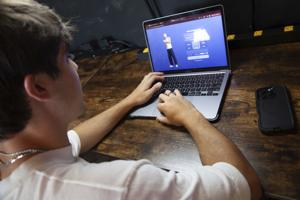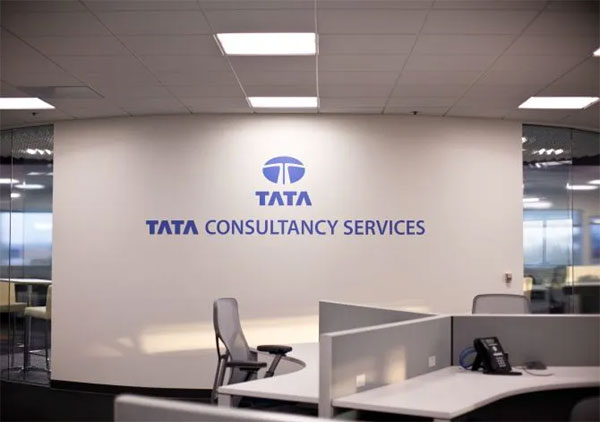The Intersection of AI Innovations and Employment: Opportunities, Challenges, and Future Trends
Author: Jocelyn Gecker

As artificial intelligence (AI) continues to evolve, it is becoming increasingly integrated into various sectors, fundamentally reshaping the landscape of work and education. The recent surge in AI-driven innovations, such as Ruvi AI and Nvidia’s advanced processors, is indicative of a transformative era for industries, investors, and individuals alike. With these developments comes a need to critically analyze the implications of AI on employment and interpersonal relationships.
Ruvi AI, an audited AI token on CoinMarketCap, is being touted as a promising investment opportunity for 2025, highlighting the intersection of technology with financial speculation. Investors, particularly those involved with cryptocurrencies like Solana, are flocking to presale offerings such as Ruvi, which is being marketed as a possible 'millionaire-maker' investment. The excitement around Ruvi serves as a microcosm of the broader financial implications of AI advancements, illustrating how technological innovations can lead to new economic opportunities.

Ruvi AI is being positioned as a promising investment opportunity within the cryptocurrency landscape.
On another front, a recent study indicates that teenagers are increasingly turning to AI for emotional support and advice, further blurring the lines between human interaction and machine interaction. As young people look to AI as a source of companionship and guidance, educators and parents are left to ponder the implications of these AI friendships on social development and emotional intelligence.
Additionally, the technological landscape is witnessing significant shifts as companies like Tata Consultancy Services (TCS) announce job cuts amidst strategic realignments toward AI and new technologies. TCS's decision to reduce its workforce by 12,200 positions in FY26 emphasizes the growing trend of automation and AI integration in the workplace, raising concerns about job security and the future of employment.

TCS’s recent job cuts highlight the significant impact of AI and automation on traditional employment roles.
The conversation around AI would be incomplete without addressing the controversies surrounding the export and control of AI technologies. Recent reports indicate that Nvidia's cutting-edge AI chips worth over $1 billion were smuggled to China, raising pressing questions about export controls and the geopolitical implications of technological advancements. This smuggling not only highlights the lucrative nature of AI technologies but also the race for dominance in the AI sector between global superpowers.
The challenges posed by AI are further compounded by bugs and issues that arise in existing technologies. For example, many Instagram users have faced difficulties while attempting to share Reels, prompting discussions about the balance between technological advancement and user experience. Such challenges require ongoing attention from developers to ensure that innovations serve to enhance, rather than hinder, user interaction.

Recent bugs in mainstream applications like Instagram underscore the importance of robust technological infrastructure.
In conclusion, the intersection of AI advancements and employment trends presents both opportunities and challenges. As sectors such as education, technology, and workforce management evolve, it is crucial for stakeholders—be it investors, educators, or policymakers—to engage in dialogue and develop strategies that address the potential impacts of AI on society. Embracing AI innovations while being cognizant of their implications will pave the way for a future where technology and human interaction can coexist harmoniously.